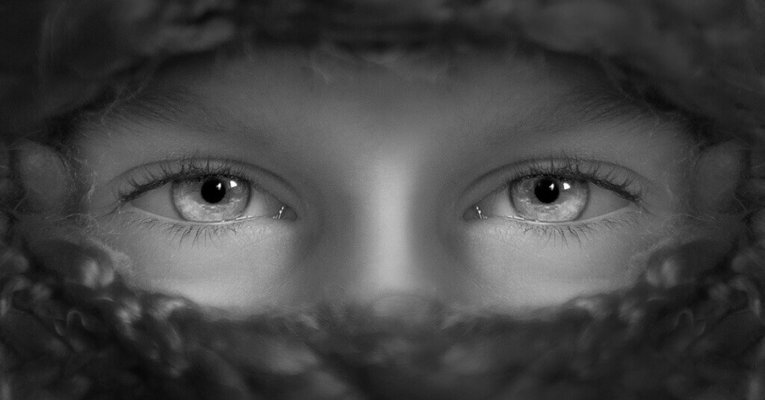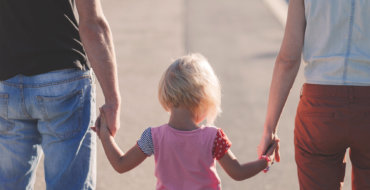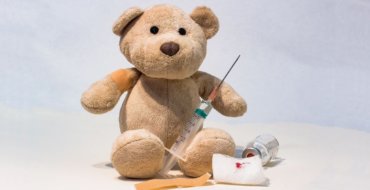Know the Risks and Signs of Depression
Although it is often difficult for parents of children under the age of five to accept, doctors now know it is possible for very young children to suffer from depression. Oftentimes, children who are depressed are thought to be shy, distant, lazy, stubborn, or defiant. Every child has a bad day and is sad or tearful. Depression is far more than a bad day. It is a prolonged sadness from which a child cannot be coaxed out.
Risk factors for childhood depression:
- Children are 50% more likely to suffer from depression if they have a parent who suffers from depression.
- Children who experience early childhood trauma such as abuse, neglect, loss of a parent, war/violence, and catastrophic natural disasters.
- Excess punishment and criticism with too little reward or praise.
- Failure to establish solid emotional bonds in infancy because of rejection or neglect.
- Chronic illnesses.
- Children who have attention deficit or conduct disorders.
Signs of depression:
- From birth to age two: Feeding problems, failure to thrive that has no physical cause, not easily soothed, rejects being touched or held, lack of playfulness, little or no desire to explore and interact with the environment, and an overall absence of joy.
- Age 3-5: Explosive tantrums, lack of interest in or failure to enjoy activities, low energy, pervasive sadness and crying, social separation, loneliness, anger and hostility, exaggerated fears or phobias, accident prone, regression in important developmental milestones such as toilet training, and apologizes for excessively minor mistakes.
- Age 6-8: Low self-esteem, poor concentration, disturbed sleep patterns, fatigue, guilt and extreme sensitivity to failure, inability to cope with change, feelings of hopelessness, lack of appetite, aggression, poor school performance, social isolation, vague physical complaints such as stomach pain and headaches, clinging to parents, and avoidance of new people and challenges.
What to do:
- Trust your instincts. As the parent, you know your child better than anyone else. If you’re concerned about the behaviors your child exhibits, talk with your pediatrician. If a physical exam reveals no cause for the behavior, ask for a referral to a child psychologist or behavioral specialist.
- Try to be patient. Treatment takes time and there may be many adjustments along the way. Don’t give up. If one method doesn’t work, search for another. Your child’s mental health is too important to disregard.
- Participate fully in the treatment plan. Parental training is the best route for very young children who are not candidates for medicinal intervention or talk therapy. A specialist will train you to help your child learn stress management techniques, coping skills, regulation of emotions, relaxation methods, and reduction of overt feelings of guilt.
- Maintain structure: Routines create predictability and emotional security—exactly what your child needs.
- Get help for yourself. Check in with yourself to see if you too show signs of depression. If necessary, seek out professional help. Oftentimes the best way to help your child is too get help yourself. If you have questions or would like additional information, call PAL, 1-866-962-3030.






